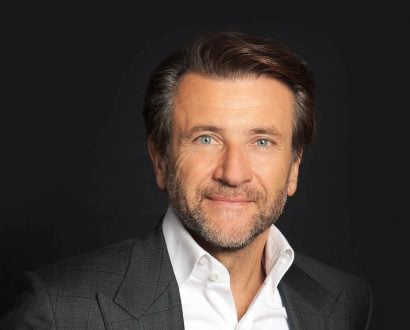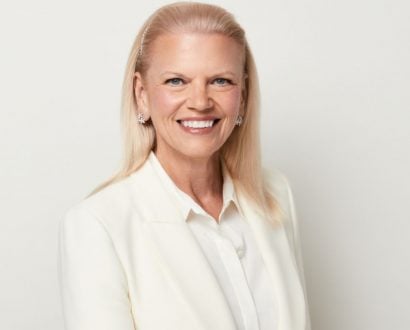As one of the world’s 10 most influential management thinkers, and one of Fortune’s 40 under 40, it’s safe to say Adam Grant practices what he preaches when it comes to realizing potential.
The top-ranking TED presenter and best-selling author has just released a new book, Hidden Potential, and spoke to The CEO Magazine about how all of us can be ‘better’ – which is more important than being ‘the best’ – and draw out the positive attributes of those around us for a happier, more creative and profitable business.
However, he’s the first to admit that on the whole, most of us are not ready or open-minded enough to embrace change.
“The three most annoying sentences we hear in organizational psychology are: ‘That’s not the way we’ve always done it’, ‘That’s not what my experience has shown’ and ‘That will never work here’,” he says with a laugh. “If an initial pilot or trial doesn’t work out, often it’s abandoned too quickly.
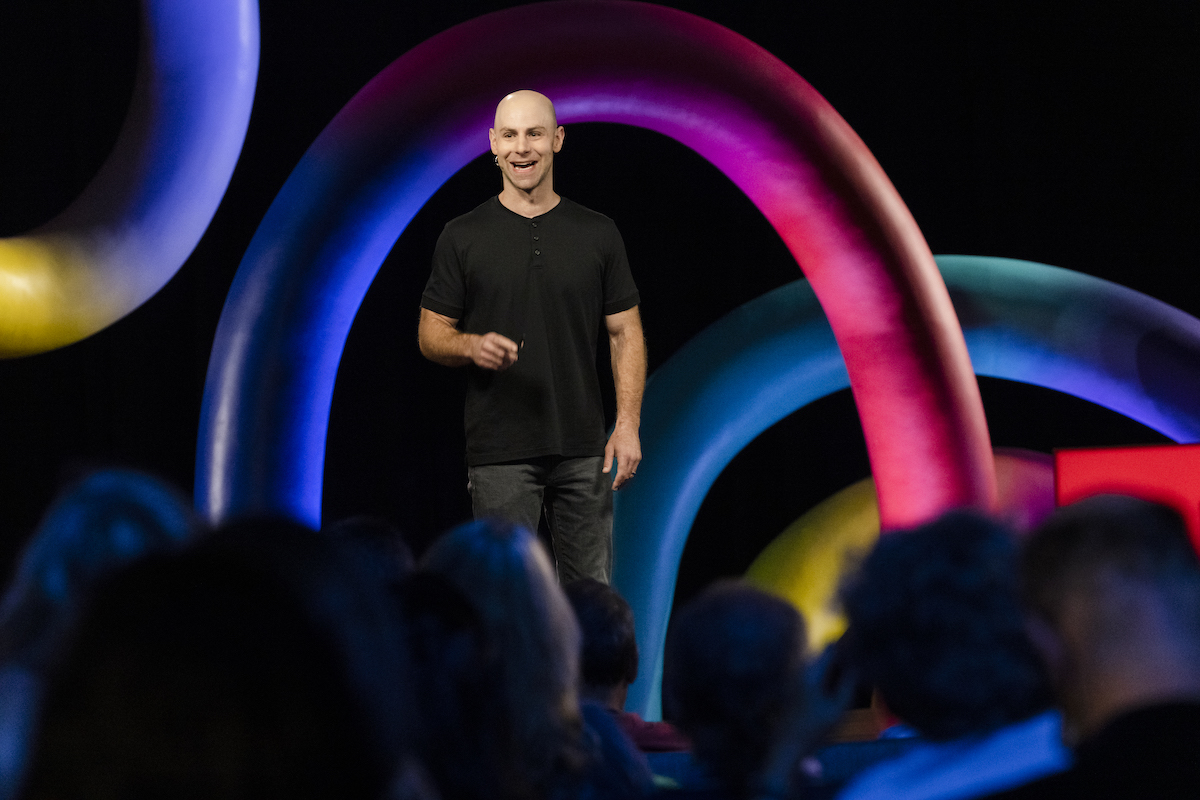
“The mistake so many of us make is we judge people and ideas by their initial success.”
“When I look at that through the lens of hidden potential, the mistake so many of us make is we judge people and ideas by their initial success. But it might not have worked because it was ahead of its time, or it wasn’t implemented in the right way.
“Sometimes people don’t succeed initially because they don’t happen to have natural talent for the skill that they’re trying to learn – but that doesn’t mean they’re incapable of mastery.”
Instead of giving up, Grant advocates thinking like a scientist; looking at why a new way of working isn’t producing the intended results and how it can be tweaked to achieve more positive outcomes.
From CEO to coach
Unlocking the potential within yourself and your organization is not always comfortable. Research has shown that as well as learning more deeply, putting ourselves out there as a coach to others helps us learn more quickly and effectively.
Grant, a professor of management and psychology at The Wharton School, Philadelphia, is always surprised more businesses don’t capture this winning formula and use it to their advantage – especially CEOs, who have so much to gain.
“One of the systematic mistakes we all make when we’re trying to build learning and development programs is basically telling people information,” he says.
“We all know the best way to learn something is to teach it – you remember and understand it better after you explain it to others. You can teach the various skills that you want to learn, even as a novice, if you find someone who knows even less than you.”

“If you really want to understand AI, teach your employees with a session or workshop, or write a memo on it.”
He feels this has a timely connection to the current changes in how AI can aid businesses.
“Every single CEO I’ve talked to, across industries and across cultures, realizes AI is even more disruptive than the digital age, when the internet suddenly disrupted pretty much everything,” he reveals.
“What most are doing is calling on AI experts, asking for white papers, but I would say if you really want to understand AI, teach your employees with a session or workshop, or write a memo on it. That’s going to give you a much deeper grasp of the topic.
“Then find some other CEOs who are also trying to navigate this and give them advice about how they should think about AI. You will not only increase your competence, but also build your confidence because you realize you have something to share.”
Grant adds it’s also a great way to crystalize your own views on a subject as when you’re advising others, you’re more likely to zoom out and think about the key high-priority issues.
Inject fun for fantastic returns
In many companies, the challenges of the past few years mean the ‘fun factor’ of life at work has gone – the ‘daily grind’ is an accurate way of summing it up.
As a former professional magician, Grant knows the value of happiness. Research has shown that to unlock some of the potential in employees, as well as improve retention and commitment, the secret lies in joy.
“I am not a fan of forced fun at work – icebreakers, ping-pong tables – no. Where fun becomes most meaningful is when it’s integrated into the work itself,” he explains.
“We all know the importance of deliberate practice for skill development and improvement. The problem is that practice often becomes a grind, then it’s very easy for people to fall victim to burnout and, even before that, ‘bore out’.”

“We all need to be more imaginative about the ways that we can inject a little bit of play into the nature of the work that we do.”
In order to keep people engaged and also improve the quality of their learning, Grant highlights how helpful it is to add in a measure of playfulness.
“I’m not talking about gamification. I’m not talking about adding bells and whistles to trick you into liking a boring task,” he says.
“What I’m talking about is actually transforming the nature of the task. For example, if your company has a big sales team, you might create some role plays around common customer challenges and give people an opportunity to play the customer as well as the salesperson.
“I think we all need to be more imaginative about the ways that we can inject a little bit of play into the nature of the work that we do, which is good for learning and unlocking creativity.”
Rethink meetings for better results
There are so many easy ways companies can unleash the collective intelligence and potential of their employees that cost nothing but could help generate welcome returns. And they are not the methods commonly employed.
“The evidence is clear that good ideas are consistently lost in brainstorming meetings,” Grant points out, adding that not only are the good ideas lost, but the bad ones are also amplified.
“We need to be ‘brainwriting’ instead. Give people the prompt in advance, let them submit their own ideas independently and, in the group, evaluate them. Then you start leveraging the wisdom of crowds and everybody’s independent judgment.
“It allows you to maximize individual volume and variety, which is where creativity comes from, and also harness the collective intelligence of the group.”
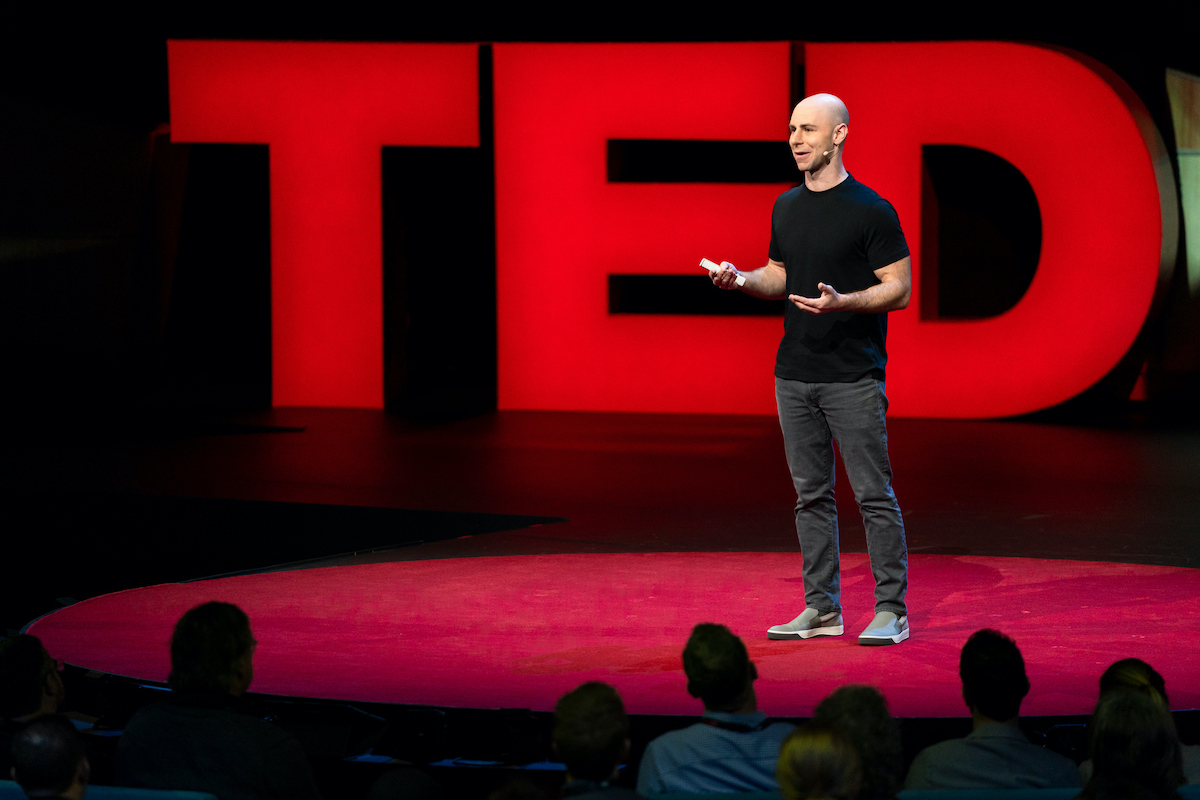
“We want to try to get a closer look at not just what people have achieved, but also what obstacles they’ve overcome.”
Selecting the leaders to organize these sessions is another area Grant believes most could improve on.
“We have to stop mistaking confidence for competence,” he insists. “We overpromote extroverts, when research shows introverts are actually better listeners and more effective in teams when there are lots of proactive ideas.
“I want to see the quieter contributors – who are not there to be the smartest person in the room, but are trying to make the whole room smarter – in positions of power.”
One of the ways to remedy this is to change our approach to recruitment. While most CVs remain a list of posts and grades held, Grant believes our focus on these past achievements doesn’t take into consideration the important character qualities that are overlooked on applications where the candidate may have overcome real challenges, and this is reflected in their lower grades.
They might be the better choice, although the process for many companies currently doesn’t allow for this information to be forthcoming.
“I’m much more interested in your trajectory than your talent,” Grant says. “We want to try to get a closer look at not just what people have achieved, but also what obstacles they’ve overcome. That allows us to factor in the degree of difficulty, which is so important.
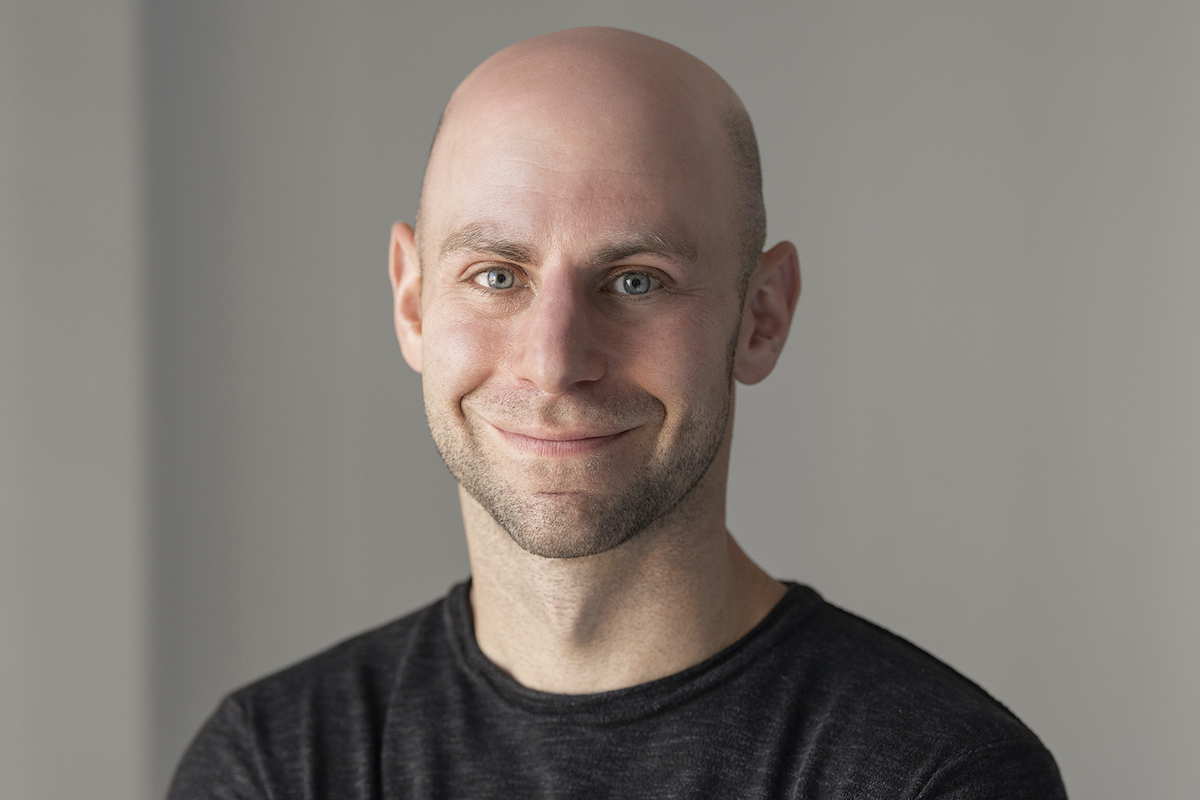
“Savoring success does not make you complacent, it actually fuels your motivation.”
“The ‘tell me about your greatest weakness’ question? Throw that out the window,” he says. “Instead, ask people, ‘What are you doing to overcome your greatest weakness?’ That would give us a window into people’s ability to know when to optimize and when to compromise.
“If I want to forecast somebody’s future potential, I’m going to pay less attention to past performance and focus much more on whether they have the courage to seek out discomfort, have curiosity and proactivity to seek out new information, then have the discipline to not let perfectionism stand in the way of progress.”
Don’t be perfect, be better
The negative power of perfectionism is something Grant himself has worked on. Despite having no natural aptitude, he became an accomplished springboard diver, reaching All-American standard (considered one of the best amateurs in the sport) by seeking out advice and working on his performance in the most constructive way he could.
Taking on a sport that seems to prize perfection of the dive above all else, he realized how the concept of perfectionism was holding him back by leaving him fearful of making mistakes and too focused on the small faults.
He has utilized the lessons it taught him about dealing with his perfectionism, backed up by psychological research, to make improvements in his work life.
Grant says so much can be gained by exploring our passions outside of our careers, as they energize us as well as provide lessons we can apply elsewhere. It’s no wonder that he’s also an advocate of taking all annual leave and switching off to avoid burnout and enhance your offering at work.

Grant also advocates for a shift in mindset for many of us, believing we should focus more on the legacy we leave. He keeps himself on track by reflecting on what his past self would have thought of his accomplishments regularly. It allows him to stay positive, especially when he feels he has hit a plateau.
“In 2016, I published my second book and a friend of mine asked what I was doing to celebrate. And I said, ‘Nothing, I’m a writer, we write books,’” he recalls.
“She told me that was ridiculous as this was a huge milestone and I had poured years of my life into the book. I realized if I had been told five years earlier that I was going to publish not one but two books, I would have been thrilled. I began to realize that I’d lost touch with my earlier expectations.
“The problem for so many of us is that the moment you accomplish something, your expectations rise. The lesson here is that if you don’t stay in touch with the expectations of your past self, it’s very rare that you will enjoy reaching any of the goals that you had.
“Savoring success does not make you complacent, it actually fuels your motivation.”
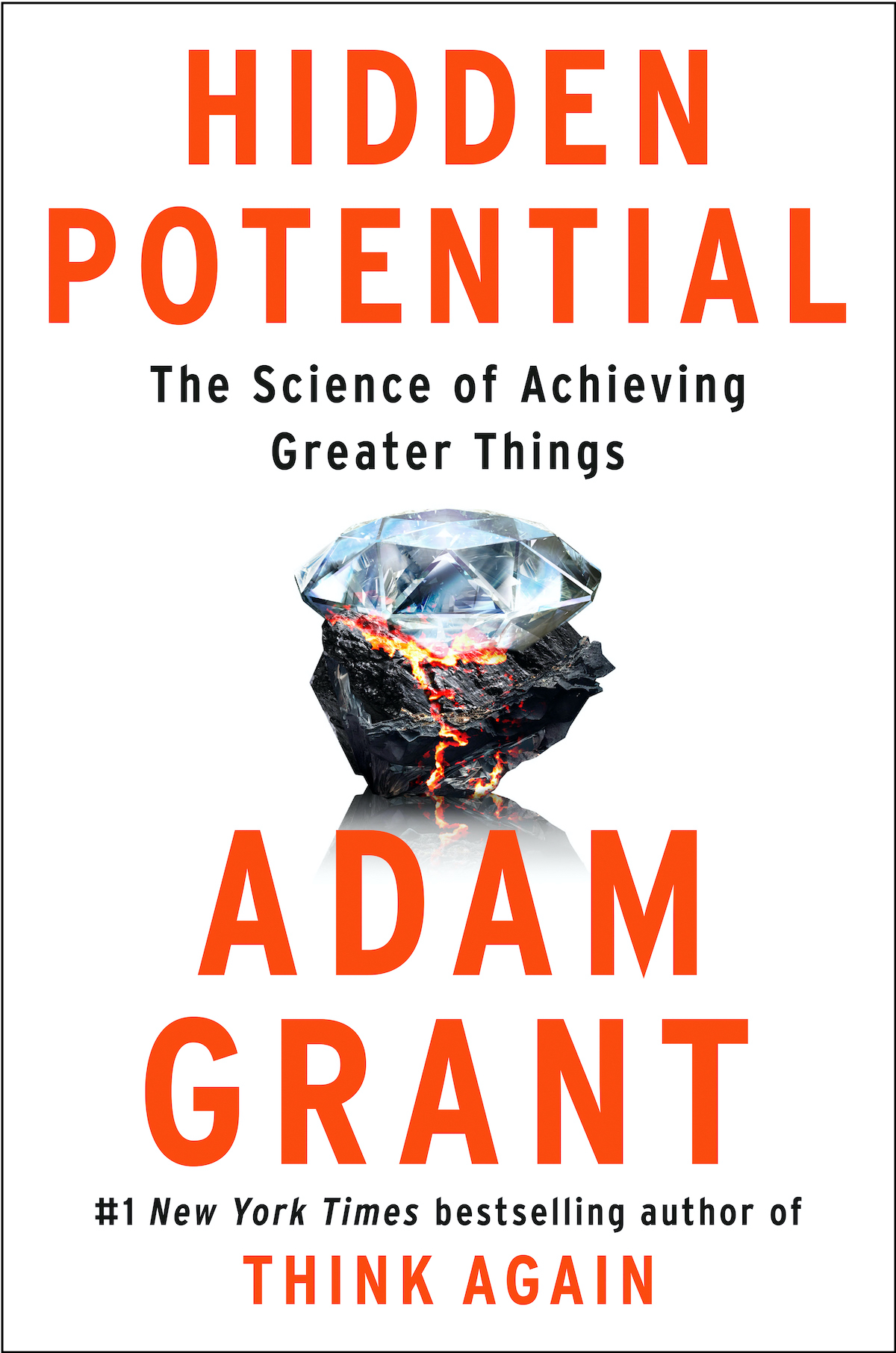
Adam Grant’s new book Hidden Potential: The Science of Achieving Greater Things is out now.


